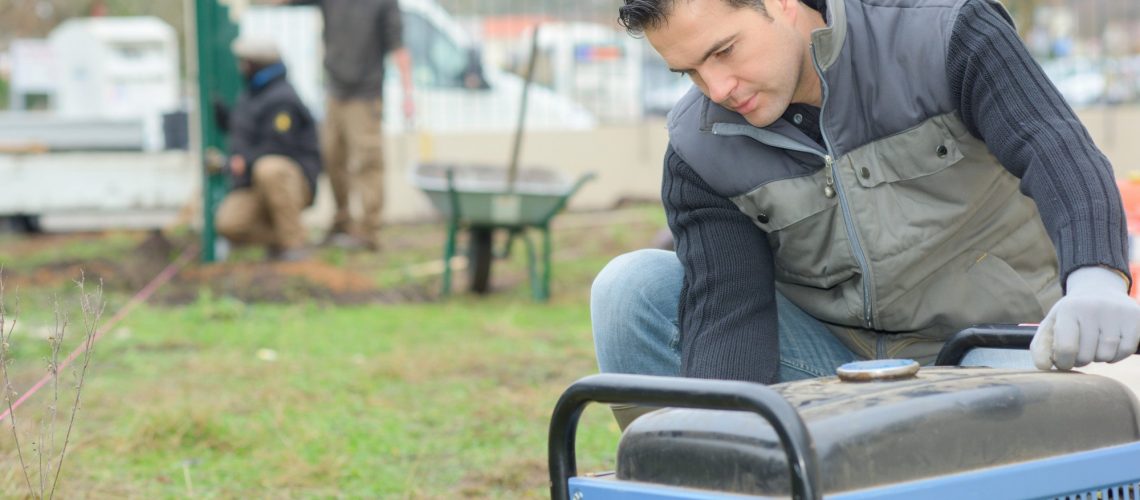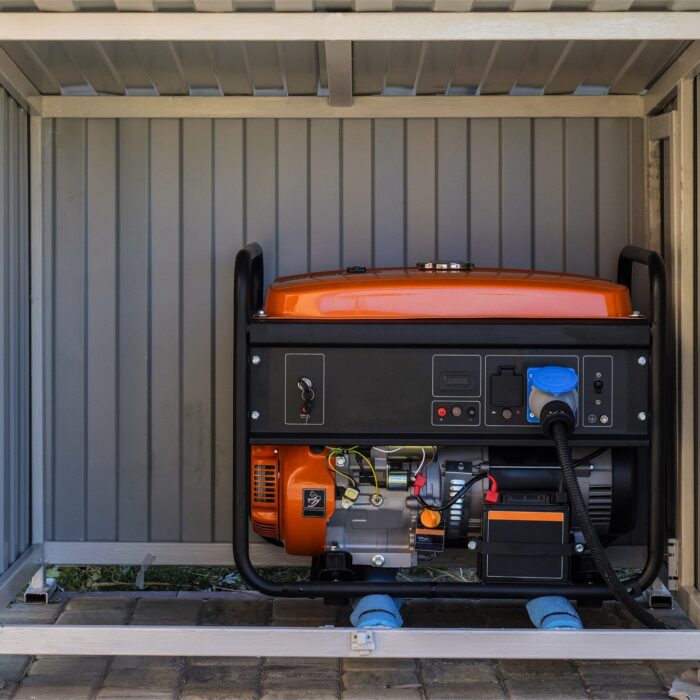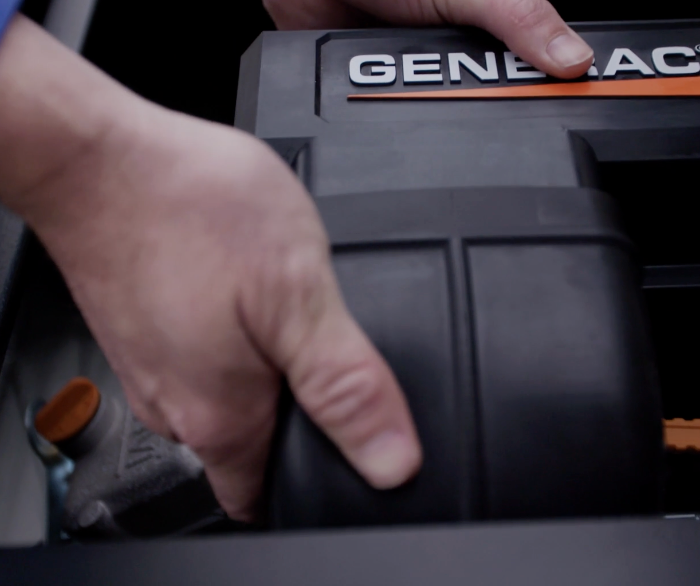If you’re faced with a power outage, there’s no need to worry. You have plenty of things you can do without power, such as reading a book or playing a board game with your friends and family. However, you never quite know how long your electricity will be out before it can get repaired.
In a worst-case scenario, you may need to go weeks without power. Instead of leaving your fate up to your energy company, you could always invest in a standby generator. They’re a great way to ensure you never have to spend your nights illuminated by candlelight.
Here are four things to consider when buying a generator for your home.
1. How Much Power You Need
One of the very first things you should do is figure out how much power you actually need so you can purchase the appropriate generator. You can’t make a generator provide more energy than it’s rated for. At the same time, you don’t want to overspend on a generator more powerful than your house needs.
Before you purchase a generator, your installer should be able to run an inspection to calculate your required electrical load. This is also known as an NEC (National Electric Code) approved load calculation.
Technically speaking, standby generators are designed to run indefinitely as long as they have a fuel supply. However, it’s not recommended that you run your generator until it runs out.
Instead, figure out what appliances and areas of your home are considered essential. These may include your water heater, refrigerator, and some main lights. Purchase a generator that can power those essentials until your power gets restored.
Alternatively, you could always run your standby generator as a full-time replacement if your power goes out. That means getting one powerful enough to run all of your normal appliances.
2. Fuel Source
Next, you’ll want to think about the type of fuel source you want for your generator. Different types of generators use different fuels to make them function.
Gasoline-fueled generators are most popular as a portable option. These require you to refill them when they run out and can’t be installed indoors. The main problem with gasoline-fueled generators is that you constantly need to repurchase fresh gasoline.
An alternative to gasoline is diesel. Diesel can be stored for longer periods of time, but also comes with the same general hassles most portable generator owners deal with.
Propane is more commonly used in standby generators because they’re easy to refuel via a propane tank. It’s affordable but not as efficient as some of your other options.
Another common option for standby generators is natural gas. This type of fuel allows you to hook up your home’s natural gas line with your generator. It provides a nearly limitless fuel source, so you never have to worry about refueling it during an outage.
3. Municipality and HOA Authorization
Homeowners can purchase and use portable generators without issue, primarily because they don’t require extensive installation. You don’t need to connect them to anything permanently, nor do they require a connection to a natural gas line.
In contrast, standby generators are installed on your property much like HVAC units. As such, you’ll need to follow the rules of your municipality or homeowner’s association.
Your HOA may or may not have rules outlined in terms of generator use. For the most part, these should include where you can place generators and what kind of installation is allowed. However, there aren’t any specific laws allowing an HOA to prevent standby generator installation. In fact, your HOA may be able to get you deals on new generators if power outages are a common issue in your area.
As for your municipality, most of them will require homeowners to obtain a permit before they can install them. More specifically, you’ll need electrical permits due to the kind of work that installation involves. The same goes for if you hook it up to your natural gas line.
If you’re renting your house, then you’ll need to talk with the property owner about generator installation.
4. The Company You’re Buying a Generator From
It’s all too easy to go online, search for “whole home generator installation”, and make a purchase. However, you could be shooting yourself in the foot by purchasing from the wrong company.
When you buy a standby generator, you also buy the people who install it for you. You sign a contract with them to do installation, maintenance, and warranty agreements.
The best standby generator comes with reliable experts who can walk you through every aspect of your new unit and answer any of your questions. If you have any problems, they should be able to provide emergency repairs.
This is especially important during power outages caused by factors like extreme weather or heavy snow. You never know when you’re going to have to suffer through multiple days without electricity, cooling, or heating. It’s even worse if you rely on equipment like oxygen concentrators or refrigerated medications.
At the same time, try to stay wary of low bids. Even if a company advertises significant discounts, they may not include other costs like inspections and load calculations. They may also cut corners in order to limit their own spending.
If possible, do thorough research on your chosen company. Make sure that they don’t have any complaints filed against them or ongoing legal matters.
Purchase a Generator You Can Rely On
Buying a generator takes a lot of consideration, especially knowing the associated costs. However, it’s worth investing in to prevent problems when you suffer a power outage. Find a reputable installer in your area who can help hook you up with the best standby generator for your money.
Generator Supercenter is the place to go for your standby power needs. Our products include Generac generator installation and continued maintenance and service. Start your quote today and contact us with any questions.





